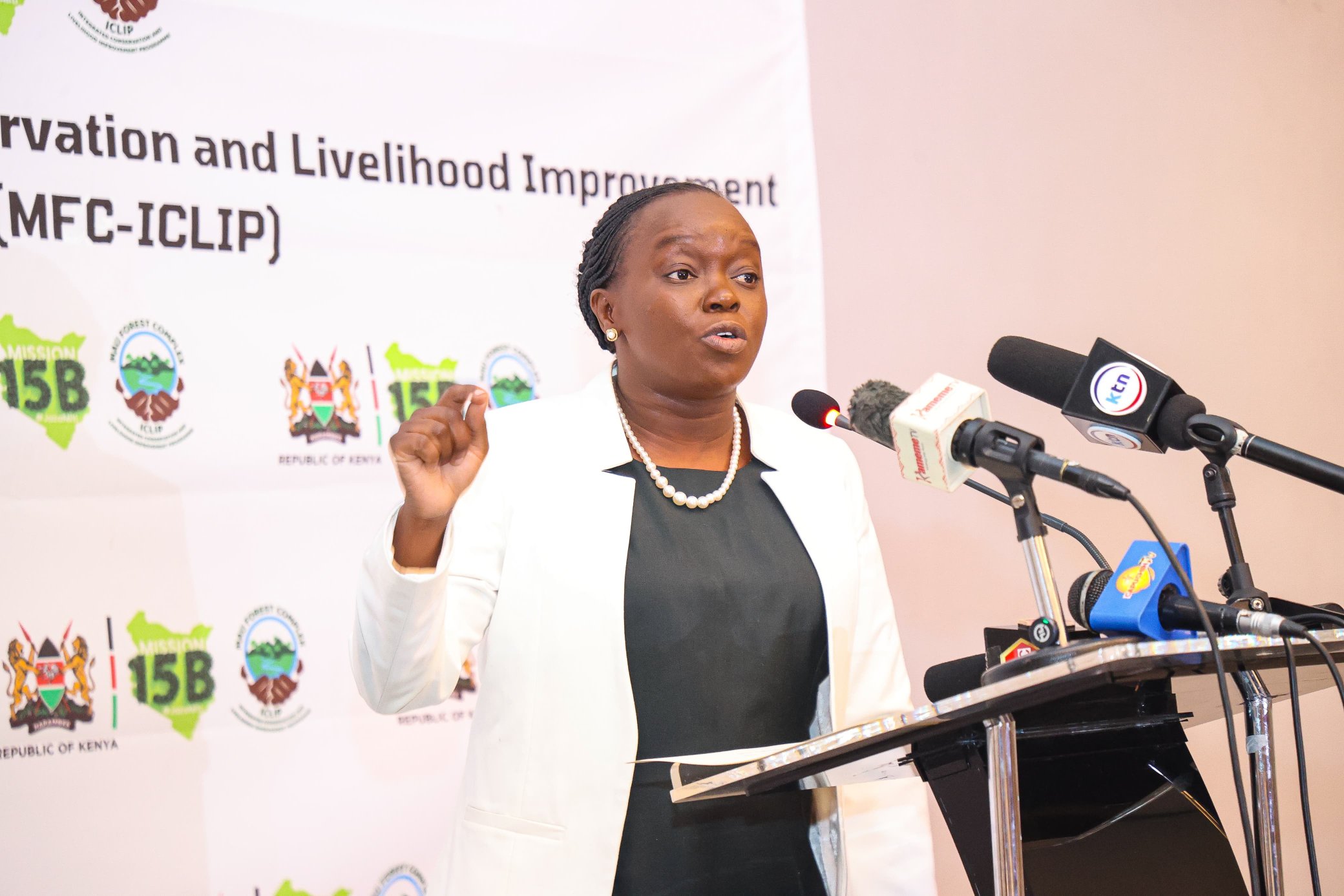The global effort to eliminate ozone-depleting chemicals is expected to prevent nearly two million cases of skin cancer every year by 2030, experts say.
The achievement comes as a result of the Montreal Protocol under the Vienna Convention, which has successfully removed 99 per cent of substances that harm the ozone layer worldwide.
Maria Socorro, executive secretary of the Ozone Secretariat, highlighted the human health benefits of these measures.
“Failure to control ozone depletion effectively would have led to almost 63 million additional cataract cases in people born in the USA between 1890 and 2100,” she said.
Kenya joined the international community in observing the International Day for the Preservation of the Ozone Layer, commonly called Ozone Day, on Tuesday.
Environment Cabinet Secretary Deborah Barasa emphasized that protecting the ozone layer is a collective duty of all nations and communities.
“It is a call for global solidarity and for national action as well as community implementation,” Barasa said. She added that through scientific research, collaboration, and knowledge sharing, the Montreal Protocol has become a landmark environmental treaty.
Barasa explained that this year’s theme, 40 years of the Vienna Convention: From Science to Global Action, celebrates the impact of science-based decisions in creating global solutions.
Kenya has been a member of the Vienna Convention and the Montreal Protocol since 1988 and has ratified all five amendments, demonstrating its ongoing commitment to safeguarding the ozone layer and addressing climate change.
The CS noted that Kenya has also adopted the Kigali Amendment, which targets hydrofluorocarbons (HFCs), potent greenhouse gases that contribute to climate warming. A robust licensing system regulates the import and export of HFCs, ensuring strict compliance.
Kenya has developed a national Cooling Action Plan to guarantee access to safe and affordable cooling solutions for homes, hospitals, farms, and businesses. Barasa said collaboration with Kenya Revenue Authority Customs and Border Control has strengthened oversight, curbing illegal trade and ensuring adherence to regulations.
“All these efforts are designed to do one thing, protect our ozone layer, while mitigating climate change. So we want every Kenyan child, farmer, student and worker to enjoy a healthy life, shielded from the dangerous ultraviolet radiation and extreme heat,” she said.
Barasa called on citizens to play their part by making responsible choices in households and businesses. Development partners are also contributing to these efforts. Maren Kneller, head of development cooperation at the German Embassy, said GIZ has equipped 17 technical institutions with environmentally safe tools and technologies for training purposes.
Kneller added that 35 refrigeration trainers have been trained, and 300 officers from Kenya Revenue Authority and the National Environment Management Authority have learned to use an integrated customs system to monitor and control ozone-depleting substances and their alternatives.

